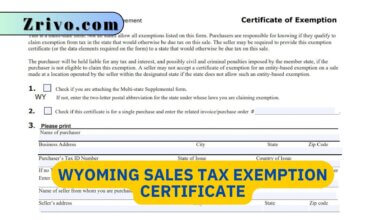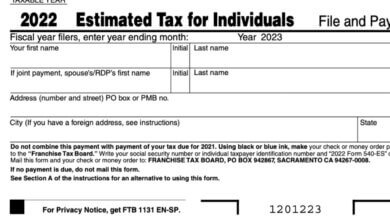Washington Capital Gains Tax 2023 - 2024
Washington state has a capital gains tax that went into effect on January 1, 2022.

Washington’s capital gains tax is a 7% excise tax on individual long-term capital assets above $250,000. The tax applies to individuals only. Individuals owing a tax are required to file a Washington capital gains return, along with their federal income tax return for the same taxable year. Individuals may also request a filing extension for their Washington capital gains return, but the extension does not extend the due date for making a payment. The state’s new capital gains tax is a major policy change, and some opponents say it could discourage business. The state’s Constitution constrains states from excessively burdening out-of-state commerce, but supporters argue that the tax is consistent with this doctrine.
The state’s new capital gains tax does not apply to sales of real estate, retirement account assets, timber and timberland, specific agricultural products, commercial fishing privileges, and interests in qualified family-owned small businesses (QSBS). Taxpayers can deduct the full value of QSBS shares if they have owned them for five years or more. Otherwise, they are taxable to the extent of any prior unutilized or carryover QSBS exclusion amounts.

Washington Capital Gains Tax Update
Washington recently enacted a new capital gains tax (CGT) that taxes individuals on their long-term investments. It is projected to raise $248 million in 2023, $442 million in 2024, and more than $700 million in the following three years. This number may be significantly higher, as only the most wealthy will have to pay the CGT.
The calculation of taxable gains starts with an individual’s net federal long-term capital gain, modified to include excluded gains and loss carryforwards. Gains from the sale of tangible personal property are allocated to Washington if the property was located in the state during the year of the sale or exchange, the individual was domiciled in Washington at any time during the year of the sale or exchange, and the sale was not subject to an income or excise tax by another jurisdiction.
The tax also includes the sale of an individual’s interest in a disregarded or pass-through entity, such as an LLC, S corporation, or grantor trust, to the extent that the gain is directly attributable to real estate located in Washington. However, the law excludes gains on the sale of retirement assets and charitable donations.
Washington Capital Gains Tax Due Dates
Individuals are required to file CGT returns and pay any tax due by April 18 each year. They are also required to provide a copy of their federal return with the Department of Revenue. Taxpayers may request a filing extension for the CGT, but it does not extend the payment due date.





